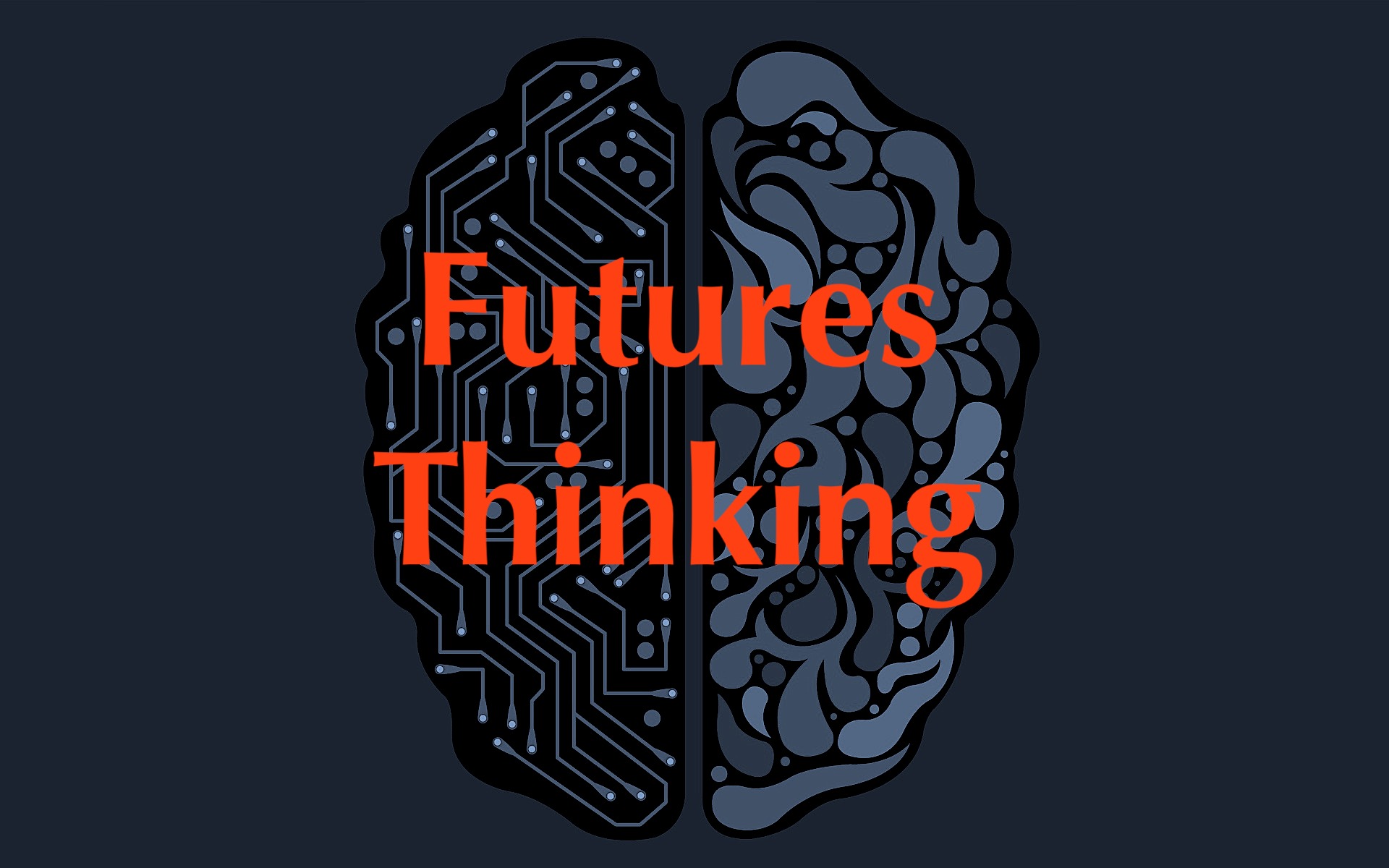Emotional intelligence is a broad concept that can be addressed both in a personal and professional context. This article focuses on the importance of emotional intelligence in the workplace.
Over time, people have been interested in the importance of emotions in the development of the human personality and how they show performance in professional life. American psychologist Daniel Goleman argues that the efficient functioning of an organization depends on the climate in which the activity takes place and on paying attention to the emotional abilities of its members.

How do we define emotional intelligence?
Emotional intelligence is the personal ability to identify and manage your emotions efficiently in relation to the proposed tasks and current challenges of society. The role of emotional intelligence is to achieve goals with a minimum of inter- and intra-personal conflicts. Even if a person has enough knowledge and smart ideas, if they do not know and fail to manage their emotions and feelings, may have difficulty trying to build relationships with others.
How does emotional intelligence influence the employee’s performance?
Emotions gain the profile of the reference matter in the analysis of human success. They are important and appreciable because they ensure survival, decision-making, setting boundaries and effective communication. In addition to the contribution of cognitive intelligence in performing tasks within a service, or a work team, emotional intelligence is very important and useful because people with high EQ levels ( emotional intelligence ), can detect the emotions of others, the messages transmitted by those emotions and can act accordingly.
Studies show that employees who expose genuine emotions compared to those who expose false emotions are rated more pleasant. Performance and good collaboration in a work team, presupposes that its members combine technical knowledge with emotional intelligence, consisting of: awareness, empathy, social skills and motivation.
Why should the teams of an organization contribute to increasing emotional intelligence?
Three essential conditions lead to the effectiveness of a group: trust between members, a sense of group identity and a sense of group effectiveness. When these three characteristics are missing from the team, it will no longer be effective, as its members will avoid getting involved in solving the requirements leading to the phenomenon of procrastination.
To be effective, teams must create attitudes and behaviors based on trust, collaboration and joint effort. The emotions of the leader influence the emotions of the group members. An anxious leader with feelings of inferiority, who feels threatened by the abilities of his subordinates, with a need for control, will influence the emotions of the group members in a different way than a balanced leader, who is in contact with himself. A first condition for a leader to be effective in managing emotions at the organizational level is his ability to manage his own emotions and respect people.
Smarter emotionally employees work better in a team because they are: better communicators, more open to the ideas of their colleagues and show altruism in carrying out projects that require teamwork.
Emotional intelligence is essential to create a good climate at work, but people often wonder if it can only be acquired through birth or can be developed over time. Well, it is encouraging to learn from research that emotional intelligence can be improved through patience, active listening, and empathy.




